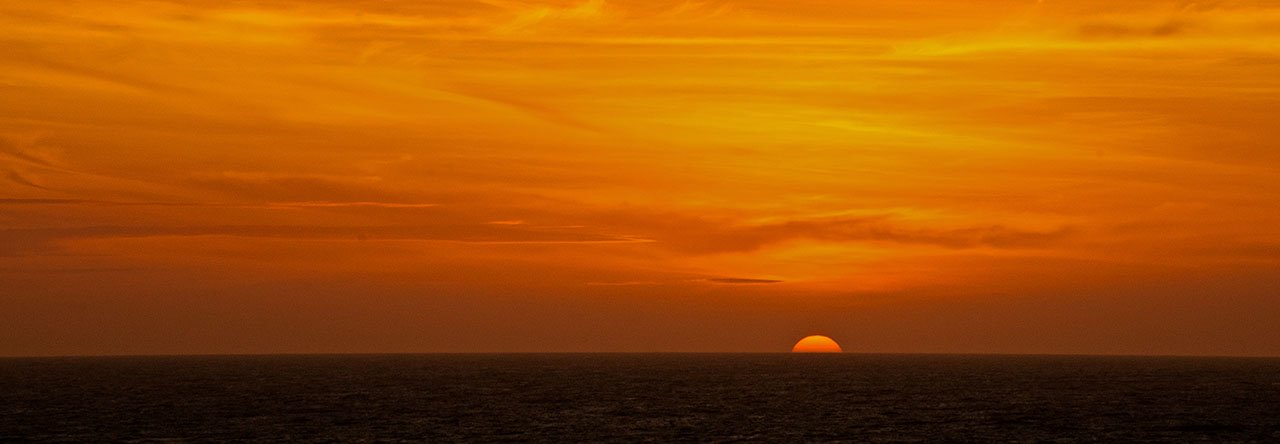From President Tsai Ing-wen’s inauguration on May 20, 2016, to the issuance of the Award on July 12, 2016, there was sufficient evidence to believe that the new administration was keeping its options open in terms of potentially accepting, perhaps implicitly, some or all of the Tribunal’s conclusions.
Government officials had made a concerted effort to emphasize Taiwan’s longstanding commitment to respecting international law and a rules-based international order.
When the Award was issued, many policymakers in Taiwan were surprised by the extent to which the content of the Award overwhelmingly favored the Philippines’ positions and was detrimental to Taiwan’s (and China’s) interests on nearly every point. The Tribunal’s conclusions have thus been seen by Taiwanese policymakers as decidedly anti-Taiwan and more politically motivated than would be expected of international legal experts, especially regarding the determination that Itu Aba (Taiping) Island is a rock instead of an island under international law and the usage of the unfamiliar and particularly degrading term “Taiwan Authority of China” throughout the Award.
Taiwan’s policymakers have thus taken a more defensive posture in safeguarding Taiwan’s maritime interests and can be expected to continue to do so in the formulation of maritime policy in the future. Whereas Taiwan had long been a vocal advocate of respecting international law, the unexpected politicization of international law in the arbitration case has forced Taiwanese policymakers to rethink whether or not the international legal system is as impartial as they had once believed.








Comments are closed.